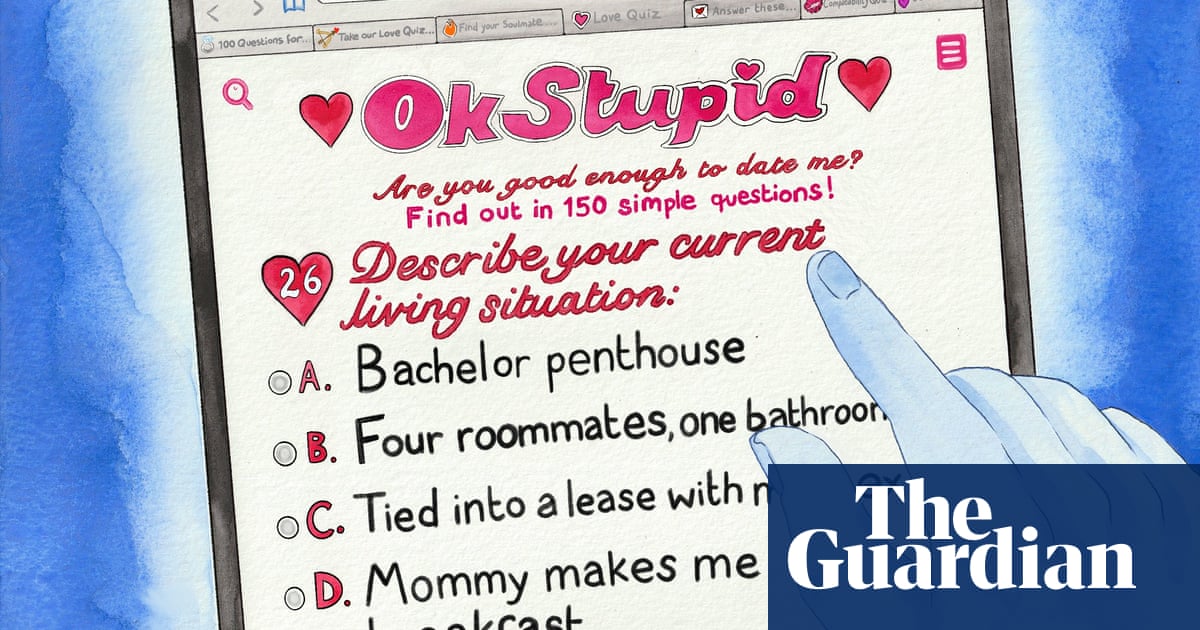
On 8 December 1660, crowds gathered on Vere Street, off Oxford Street in London, where the King’s Company was performing Othello. The night was cold and windy, the sky prepped for a storm. For the first time in the history of professional English theatre, a woman was taking to the stage.
“It must have felt extraordinary,” says Eve Pearson-Wright, from the husband-and-wife company Long Lane Theatre. Its new production, The Actress, explores the era. “These women – who have lived through the Puritan era – are suddenly witnessing one of their own, up there on stage, going toe to toe with the men.”
Considered immoral and immodest, London’s theatres were closed by the Long Parliament in 1642, just after the start of the English civil war. They were reopened by Charles II in 1660, when two men were licensed to produce shows. One was William Davenant, a poet and playwright, the other Thomas Killigrew, a dramatist and theatre manager, who presented Othello on Vere Street. “During the Puritan era, Killigrew had been in France, where they had female actors,” says Andrew Pearson-Wright, the other half of Long Lane Theatre. “He must have seen what having women on stage could add to a story.”
On that December night, when strong gusts were blowing thatch off nearby roofs, the woman on stage was playing Desdemona. But the finer details of her performance are lost. While historians tend to agree that this is the first recorded date on which a woman acted professionally, there is no consensus on who she was.
Initial research for the play led the Pearson-Wrights to Margaret “Peg” Hughes. “She was a Nell Gwyn-type figure, five years prior to Gwyn,” says Andrew. “She was glamorous and well painted and had an affair with the king’s cousin. She’d almost become this celebrity.”
When Andrew started writing a play about the pioneer, he focused on Hughes, with Eve stepping into the role. But, diving deeper, they stumbled upon Anne Marshall, a chaplain’s daughter, whom a handful of academics claim played the role instead. “She felt to me like an actor’s actor, from the parts she played and the way she was considered and written about,” he says. “Her sister became an actor, she married an actor – it felt like she’d been ingrained in the craft.”
Hughes and Marshall performed at around the same time, but Andrew says historians aren’t certain who was first. In The Actress, Long Lane Theatre have tried to fill in the gaps. In their story, Marshall, a working-class woman who is painted less well and less often, is pitched by the show’s producer against Hughes, a confident, glamorous woman who is more in line with what the (male) audience wants to see.
Advertisement
The view of the audience was central. For a woman in the 17th century, being an actor wasn’t just a question of choosing an unusual career; it was about your place in society and how you were willing to be seen. Acting and sex work were inextricably tied; women who acted were leered at and looked down on.
“In the restoration period, the audience would have a choice,” Andrew says. “They could watch the show at the front, or pay to sit in the dressing rooms and watch the women change. They were made to be looked at and exposed.” The overtly sexualised role of female actors feels relevant today, Eve says: “We keep making the point in the play that it’s the men who get to decide which women are remembered.”
The couple have experience of creating theatrical stories that celebrate the underdog from historical moments. In 2018, they took to Edinburgh and later toured The Giant Killers, a show about a football team of mill workers in the 1870s, when the game was played only by the upper classes. They are reviving The Giant Killers at this year’s fringe, alongside The Actress and a children’s show, Arthur’s Ani-Magination. To take all three shows to the fringe, they formed a repertory theatre of seven actors.
Doing rep theatre has long been a dream for Andrew. As a child, he would visit his grandparents every summer in Pitlochry, Perthshire, and go to the theatre to watch the rep company. “That’s where I fell in love with acting,” he says. “It allows actors to perform roles you didn’t know were in their range.” It also makes good business sense, allowing them to stay longer in one place, with more to offer a theatre and an audience. Eve says: “When you work on a play, you become a family with the cast, then you disappear. The idea of creating rep is that we can build it further and stay with them for longer.”
This delight in collaboration is woven into the way they tell this story of 17th-century drama. Rather than pitting Hughes and Marshall against each other, The Actress is an ode to both women. “It would have been so easy for them to give up,” Eve says. “There were men who didn’t want to work with them, producers that wanted to exploit them. But they didn’t give up. I like to imagine they fought for those opportunities. It’s in an actor’s nature to do that. And in doing so – in being tenacious – they didn’t just make a name for themselves; they made a life for others.”












